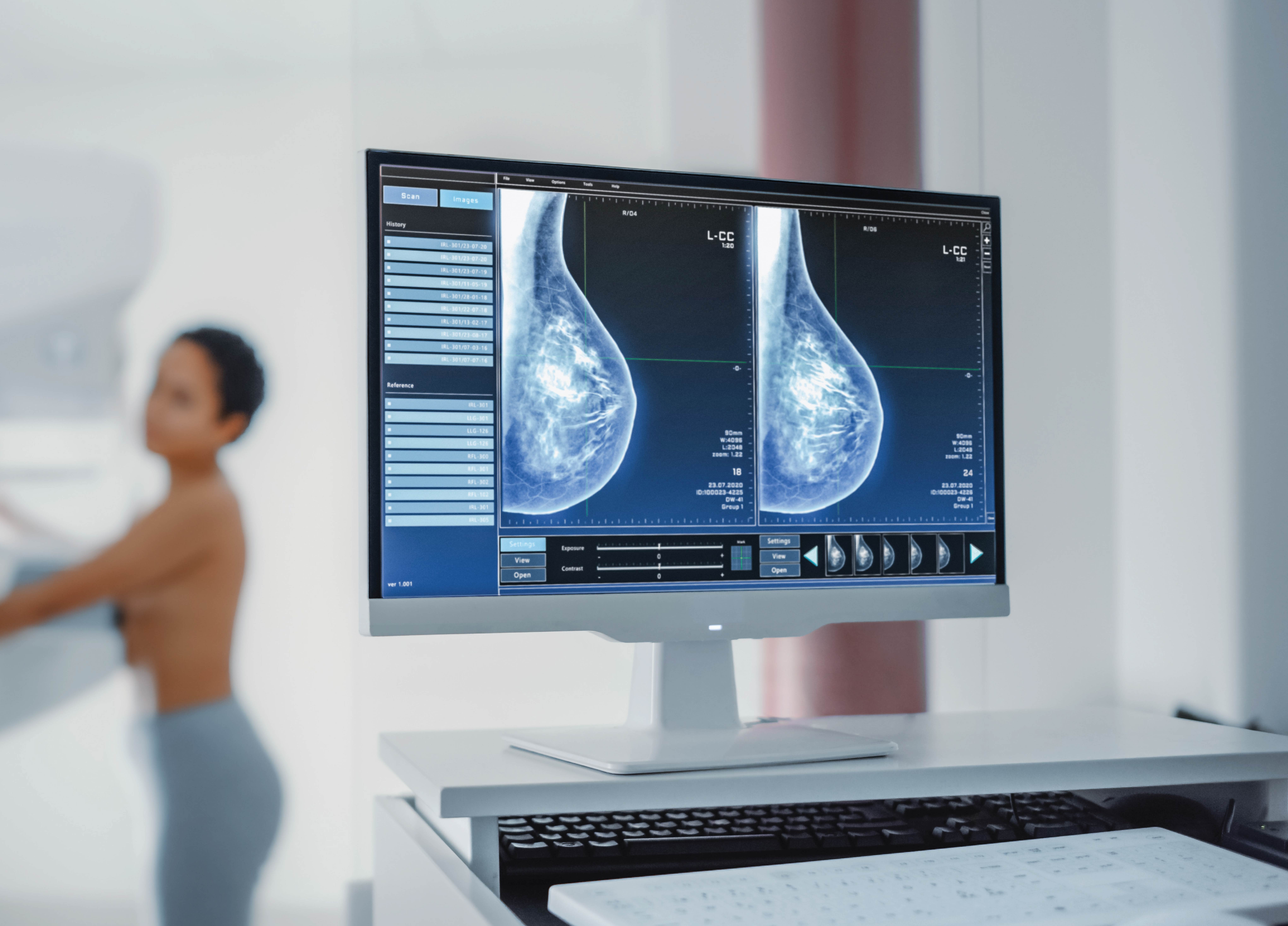Post- Breast Surgery Recovery: Exercise Tips and Care
After breast surgery, taking care of your body and gradually getting back to physical activity is essential for a healthy recovery. Following a set of guidelines for care and exercise will help you feel better, regain strength, and reduce the risk of complications.
Rest and Recovery Immediately After Surgery:
- Rest Is Important: For the first few days after surgery, its vital to rest and let your body heal. Avoid any strenuous activity or heavy lifting. Your body needs time to adjust and recover from the surgery.
- Pain Management: You may experience some pain or discomfort after surgery. Take the prescribed pain medications directed by your doctor. You can also use ice packs to reduce swelling.
- Listen to Your Doctor: Always follow the specific advice given by your surgeon. They will give you instructions tailored to your type of surgery.
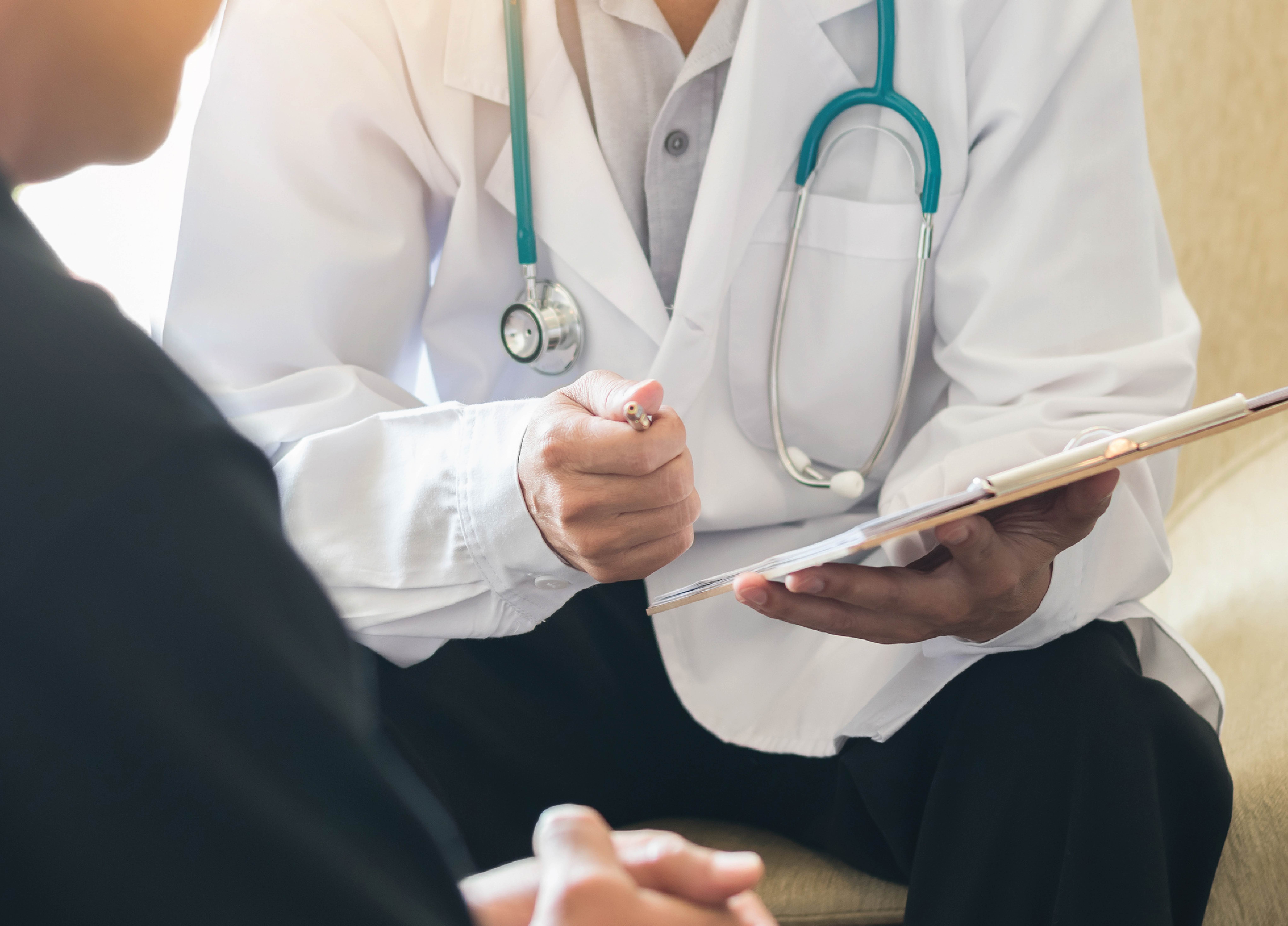
Wound Care:
- Keep the Wound Clean and Dry: It's important to take care of your incision site. Keep it clean and dry to avoid infections. Your doctor will give you specific instructions on how to care for the wound.
- Follow the Dressing Instructions: Change your bandages as directed, or go to your doctor for wound checkups.
- Watch for Signs of Infection: If you notice redness, increased swelling, warmth, or pus coming from the incision, contact your doctor immediately. Fever is also a sign of infection.

Managing Swelling:
- Compression Garments: Your doctor may advise you to wear a special support bra or compression garment. These garments help reduce swelling and improve circulation around the surgery area.
- Elevate Your Upper Body: When resting or sleeping, use pillows to slightly elevate your upper body. This can help reduce swelling.
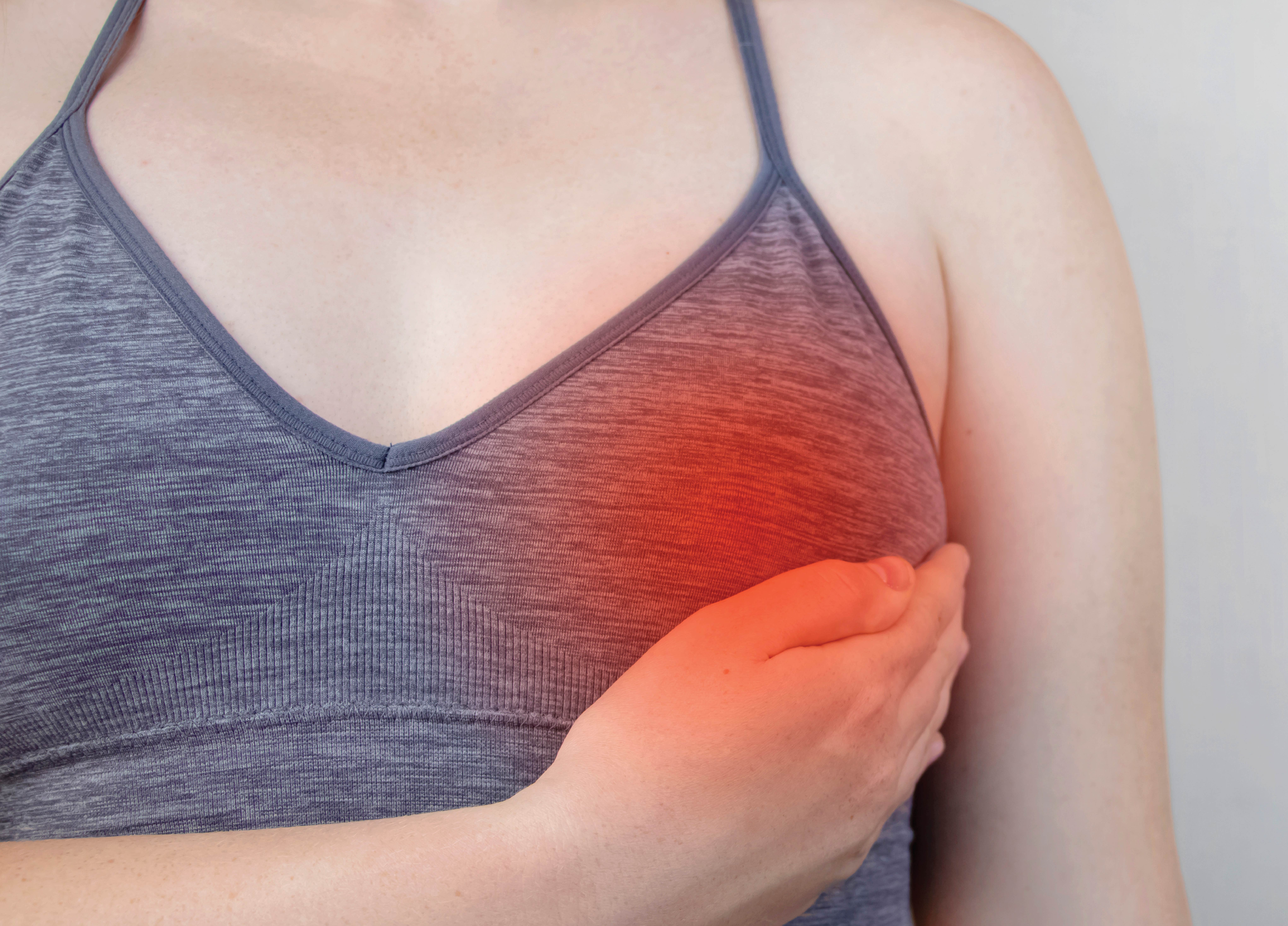
Start with Gentle Movement:
- Begin Slowly: It’s essential to start with gentle movements to prevent stiffness. On the first day after surgery, you may be encouraged to do light arm movement, like lifting your arms slightly to shoulder height.
- Avoid Straining: Don’t lift anything heavy (usually more than 5 pounds) until your doctor says it’s okay. Avoid overhead reaching or pulling until you're cleared by your surgeon.

Breathing Exercise:
- Deep Breathing Helps: Taking deep breathes can help prevent lung problems and improve blood flow after surgery. Start by sitting up and taking slow. Deep breaths in through your nose and out through your mouth. Repeat this several times in a day.
- Avoid Holding Your Breath: Sometimes pain can cause you to hold your breath, but try to avoid this. Deep breathing will help prevent complications.

Gradual Return to Physical Activity:
- Follow the Doctor’s Timeline: Your surgeon will tell you when it’s safe to start increasing your physical activity. Usually, you can start light walking after a week or two, depending on your surgery and how you're healing.
- Walking Is a Good Start: Walking helps keep the blood circulating, reduces swelling, and prevents blood clots. Start with short, easy walks and gradually increase the distance as you feel better.
- Increase Activities Gradually: Don’t rush into intense exercises. Slowly build up your strength. Start with light exercises like walking and gentle arm stretches.

Arm and Shoulder Exercises:
- Shoulder Rolls: Once your doctor gives you the go-head, you can start with some simple shoulder rolls to loosen up the muscles.
- Wall Walking Exercise: Stand facing a wall and gently walk your fingers up the wall until you feel a light stretch in your shoulder. Repeat this exercise a few times a day to maintain flexibility.
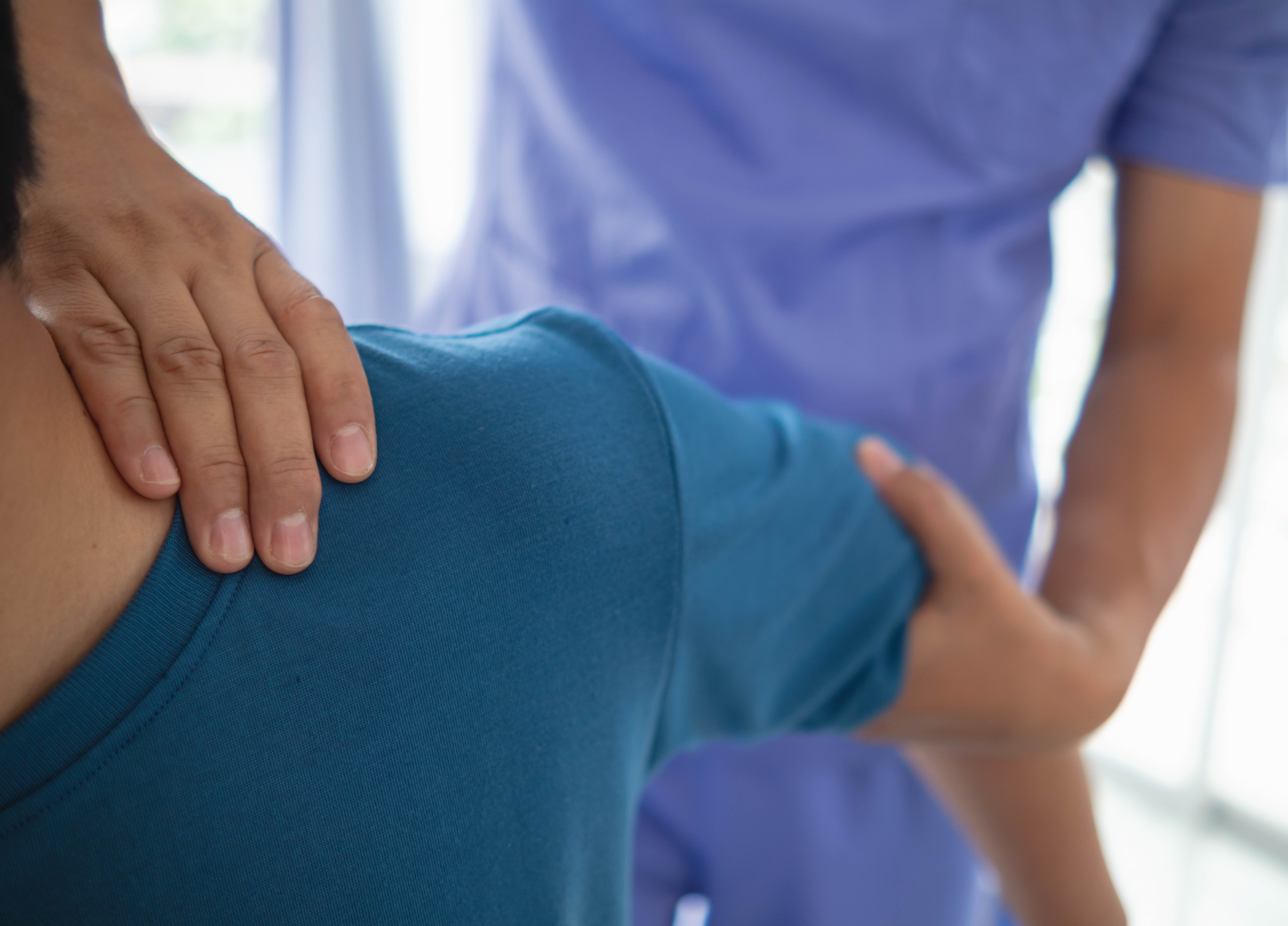
Avoid Strenuous Upper Body Exercises Initially:
- No Heavy Lifting or Push-Ups: For the first few weeks after surgery, avoid exercises that put too much strain on your upper body, such as lifting heavy weights or doing push- ups. These activities can put pressure on your chest area and delay healing.
- No High-Impact Exercises: Running, jumping, or any exercise that causes too much bouncing should be avoided until you are fully recovered.

Massage for Scar Tissue:
- Start When Cleared by Your Doctor: After the incision has healed and the stitches are removed, your doctor might recommend massaging the area to reduce scar tissue. This can help soften the scar and make it less noticeable.
- Use Gentle Circular Motions: You can use a mild lotion or oil to gently massage the area in circular motions. This can help improve flexibility and reduce tightness in the area.
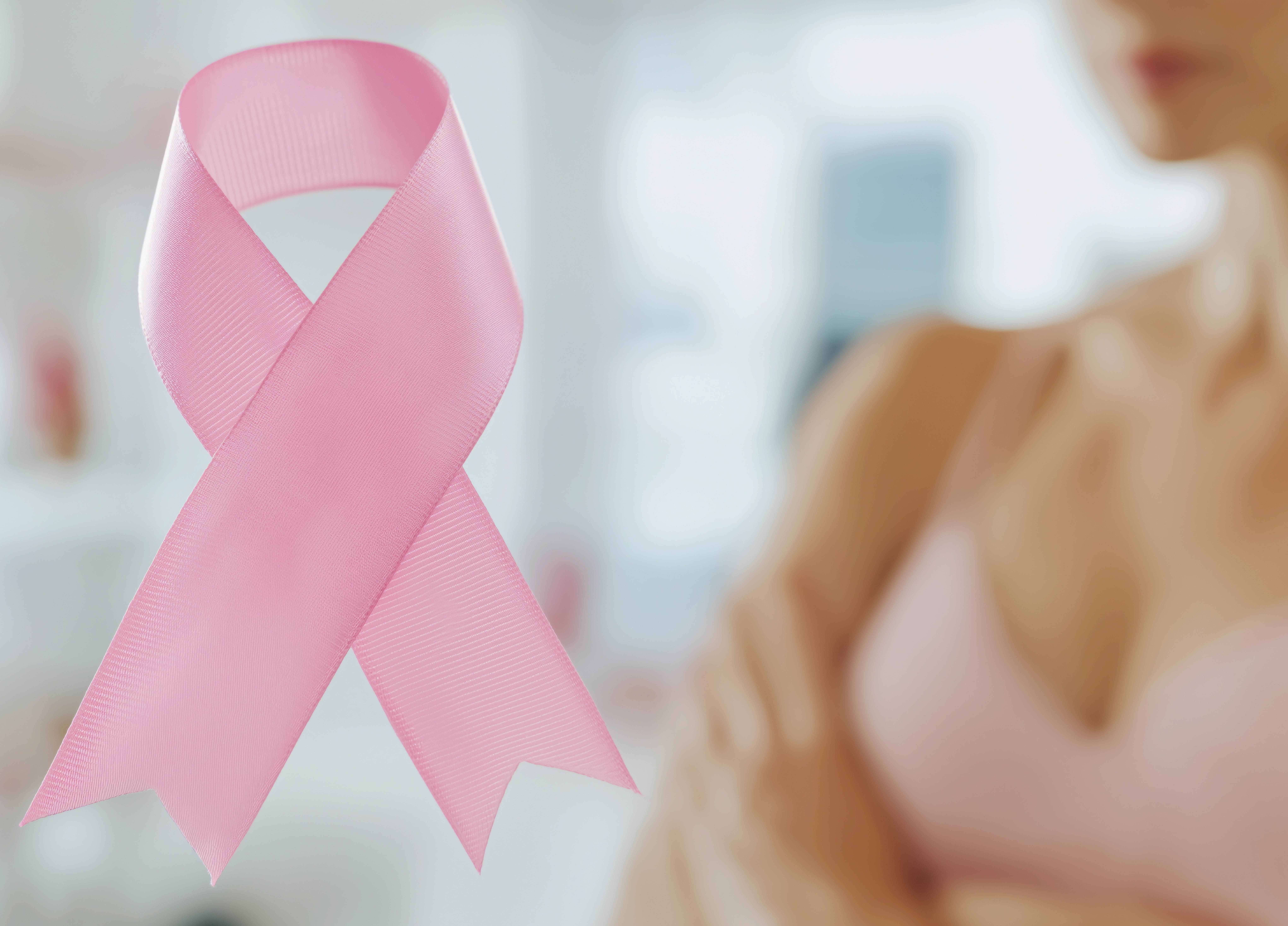
Hydration and Nutrition:
- Drink Plenty of Water: Staying hydrated helps your body heal faster and reduce swelling. Drink plenty of water through the day.
- Eat a Balanced Diet: Eating foods rich in vitamins and proteins helps your body recover. Include fruit and vegetables, lean meats, and whole grain in your diet. These foods will give your body the nutrients it needs to heal.

Follow-up Appointments:
- Attend All Appointments: Regular follow-up appointments with your surgeon are essential for monitoring your recovery. Your doctor will check the incision, monitor swelling, and give you the green light to resume more activities.
- Ask Questions: Don’t hesitate to ask your doctor if you have any concerns about your recovery. If something doesn’t feel right or you’re unsure about an exercise, it’s always better to ask.
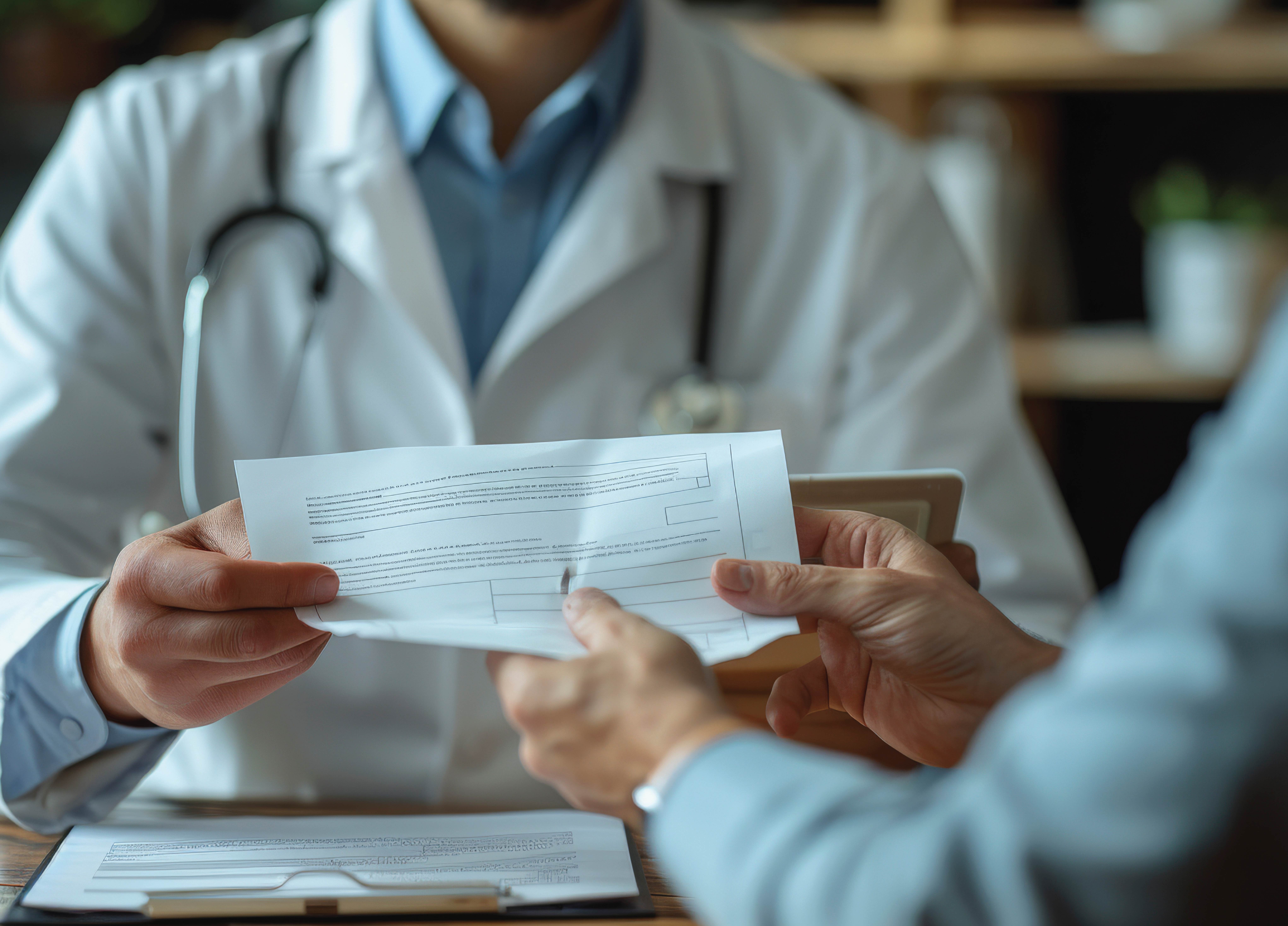
Know When to Call Your Doctor:
- Contact If There’s an Issue: If you notice unusual symptoms like excessive swelling, pain, redness, or discharge from the incision site, or if you develop a fever, contact your doctor right away. These could be signs of an infection or other complication.

Returning to Work and Daily Activities:
- Start Slowly: If your job requires physical activity, you may need to take more time off work to recover. Discuss with your doctor when it’s safe to return to work.
- Gradually Resume Daily Tasks: Simple activities like cooking or light cleaning can usually be resumed after a few days, but always listen to your body. If you feel tired or uncomfortable, take a break.

Long-Term Care and Monitoring:
- Breast Self-Exams: Even after surgery, it’s important to continue doing breast self-exams as directed by your doctor. This helps you stay familiar with your body and identify any changes early
- Annual Check-Ups: Continue with regular medical check-ups and screenings as recommended by your healthcare provider to monitor your long-term health after surgery.
